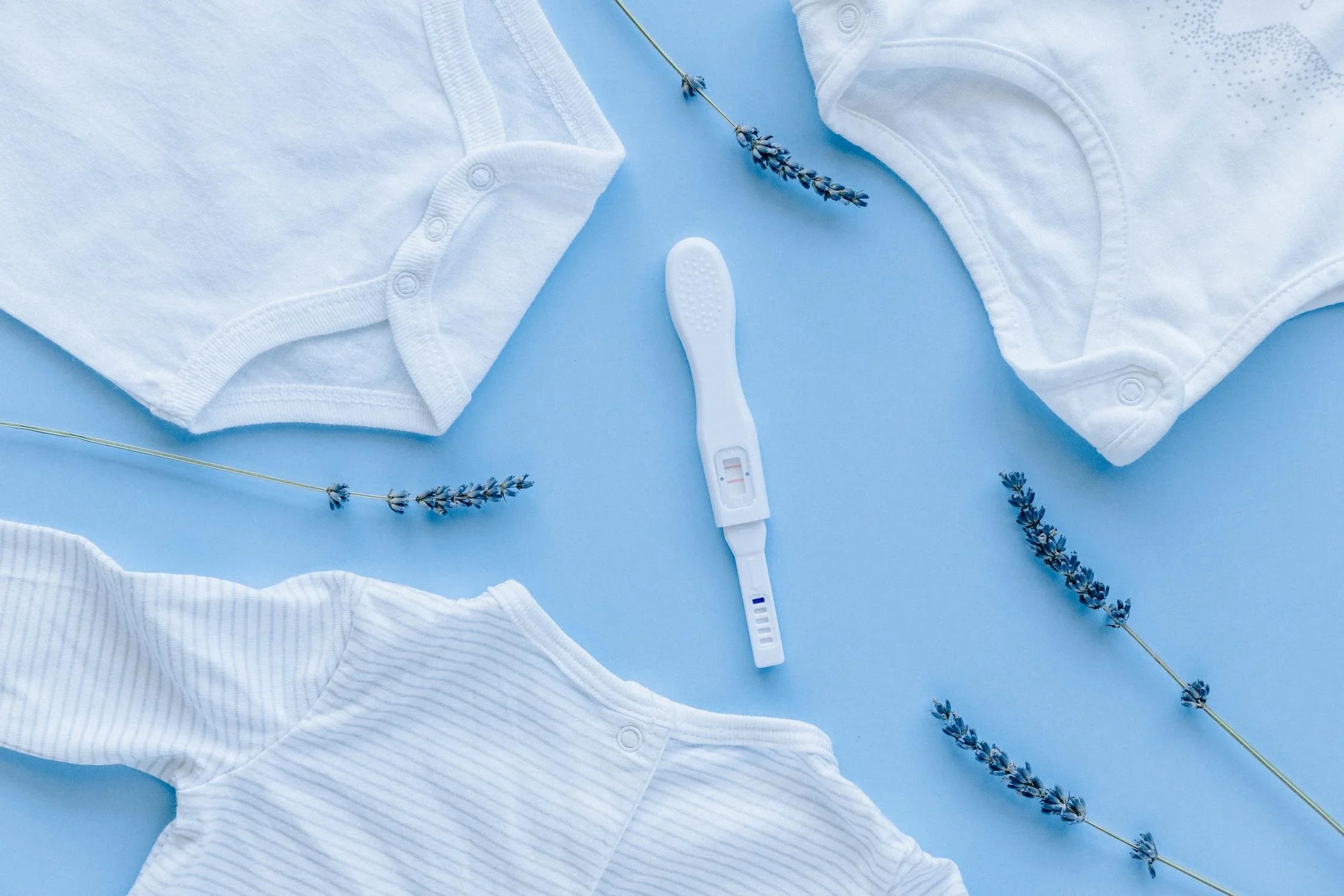Home
Pregnancy, Breastfeeding, and Pumping: The Ultimate Guide for Moms
How Soon After Ovulation Can I Do a Pregnancy Test

How Soon After Ovulation Can I Do a Pregnancy Test
When trying to conceive, one of the most common questions that arise is, 'How soon after ovulation can I do a pregnancy test?' The answer to this question is crucial for those eagerly awaiting the possibility of a positive result. Understanding the timing and science behind pregnancy tests can help you make informed decisions and avoid unnecessary stress.
Understanding Ovulation and Conception
Ovulation is the process where an egg is released from the ovary and becomes available for fertilization. This typically occurs around the middle of a woman's menstrual cycle. After ovulation, the egg can be fertilized by sperm within a 12 to 24-hour window. If fertilization occurs, the fertilized egg will travel down the fallopian tube and implant itself into the uterine lining, a process known as implantation.
The Role of hCG in Pregnancy Tests
Pregnancy tests detect the presence of human chorionic gonadotropin (hCG), a hormone produced by the placenta after implantation. hCG levels start to rise rapidly after implantation, doubling approximately every 48 hours. However, it takes some time for hCG to reach detectable levels in urine or blood.
When to Take a Pregnancy Test After Ovulation
The timing of when to take a pregnancy test after ovulation depends on several factors, including the sensitivity of the test and the individual's hCG levels. Here are some general guidelines:
- 7 to 10 Days After Ovulation: Some highly sensitive pregnancy tests claim to detect hCG as early as 7 to 10 days after ovulation. However, at this stage, hCG levels are still very low, and the results may not be reliable.
- 12 to 14 Days After Ovulation: This is the most common timeframe recommended for taking a pregnancy test. By this point, if implantation has occurred, hCG levels should be high enough to be detected by most over-the-counter pregnancy tests.
- After a Missed Period: For the most accurate results, it is often recommended to wait until after you have missed your period. This ensures that hCG levels are sufficiently high to provide a reliable result.
Factors That Influence Test Accuracy
Several factors can influence the accuracy of a pregnancy test, including:
- Test Sensitivity: Different pregnancy tests have varying levels of sensitivity to hCG. More sensitive tests can detect lower levels of hCG, allowing for earlier testing.
- Timing of Implantation: Implantation can occur anywhere from 6 to 12 days after ovulation. The later implantation occurs, the longer it will take for hCG levels to rise to detectable levels.
- Individual hCG Levels: hCG levels can vary widely between individuals. Some women may have higher hCG levels earlier, while others may take longer to reach detectable levels.
- Testing Too Early: Taking a pregnancy test too early can result in a false negative, as hCG levels may not yet be high enough to detect.
Tips for Accurate Testing
To maximize the accuracy of your pregnancy test, consider the following tips:
- Use First Morning Urine: hCG levels are typically highest in the first morning urine, making it the best time to take a pregnancy test.
- Follow Instructions Carefully: Always read and follow the instructions provided with the pregnancy test to ensure accurate results.
- Wait for the Recommended Time: Avoid checking the test results too early or too late, as this can lead to inaccurate readings.
- Consider Retesting: If you receive a negative result but still suspect you may be pregnant, consider retesting a few days later when hCG levels may be higher.
Emotional Considerations
The process of waiting to take a pregnancy test can be emotionally taxing. It's important to manage your expectations and prepare for either outcome. Surround yourself with supportive friends and family, and consider seeking professional guidance if needed.
When to Consult a Healthcare Provider
If you have taken multiple pregnancy tests with varying results or if you have concerns about your fertility, it may be time to consult a healthcare provider. They can offer more accurate testing methods, such as blood tests, and provide guidance on next steps.
Understanding how soon after ovulation you can do a pregnancy test is essential for those trying to conceive. By knowing the optimal timing and factors that influence test accuracy, you can approach the process with confidence and reduce unnecessary stress. Remember, patience is key, and seeking support when needed can make the journey smoother.
Share

